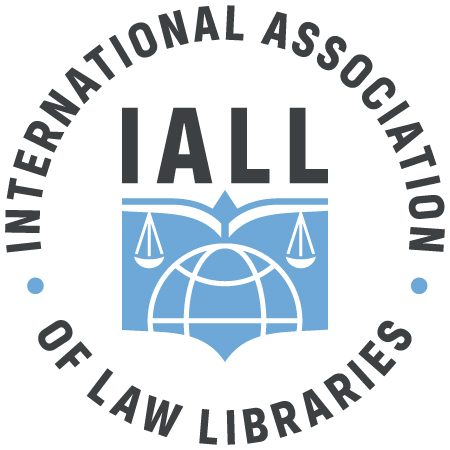We all have trusted research tools that we use frequently in our work. For many of us, Foreign Law Guide (“FLG”) is one of these standard resources and it has now entered a new era.
A Bit of History
Tom Reynolds & Arturo Flores started the print version of FLG in 1989. As I understand it, the original idea was to create a pamphlet covering a few jurisdictions and point out English-language translations of non-US law, especially in the areas of commerce, taxation, business, etc. The idea came about in response to the growing number of requests for translations encountered at the Berkeley Law reference desk. The rest, as they say, is history. The pamphlet never emerged but a looseleaf service did and eventually FLG went online in 2007.
FLG’s purpose was to facilitate access to current primary and, to a lesser degree, secondary sources of non-US law. It endeavored to provide background information on the history of the legal system and the sources of law for the countries covered. This intended purpose has never changed. Despite the limitations inherent in a two-person operation, FLG grew to become an important research tool. It evolved into the first (and sometimes the only) place to look when answering the question, “What is the law on this subject in this foreign jurisdiction? And can I get it in English?”
The Modern Age
As the new general editor of FLG, not only do I have the task of maintaining this indispensable service, but I’ve also been asked to make it better. Having worked with FLG and its editors for decades, I have a pretty good understanding of both the tool and the process. My goal is to build upon the solid foundation and make FLG a more robust resource for modern-day researchers. Brill has a sincere commitment to FLG and has already made improvements. The content is now in a database and the underlying code and metadata is clean and well structured. Subject headings have been standardized and a consistent organizational framework has been developed. The work behind these steps was time-consuming and labor intensive and we were aided in these efforts by a team called the “research transition team” – a group of hard working law librarians and information specialists.[1] All of these efforts led to the launch of the new platform on June 24, 2013.
Moving Forward
Much work remains. Country experts are being recruited and updates to the content have begun. We are continuing to refine the organizational framework and are trying to make the content consistent and better structured. In the meantime, researchers will see a different organizational structure, a cleaner look to the content, a much improved search mechanism, and personal research tools.
As I guide FLG in the future, I ask my colleagues from around the world to bear with us during this transition, to give the new platform a try, and to provide constructive feedback and ideas for future development.
Marci Hoffman
[1] Jennifer Allison, Aslihan Bulut, Jean Davis, Kevin Durkin, Leah Granger, Eugene Hsue, Mary Rumsey, and Raymond Weschler.
